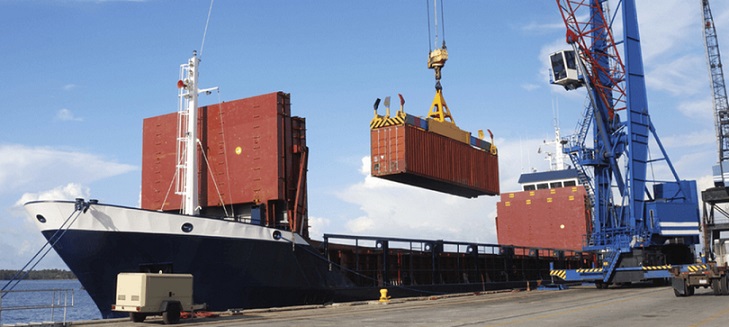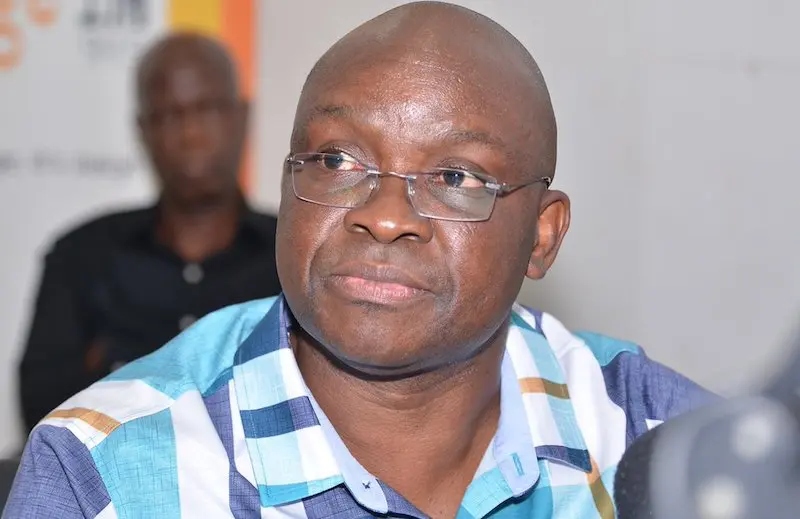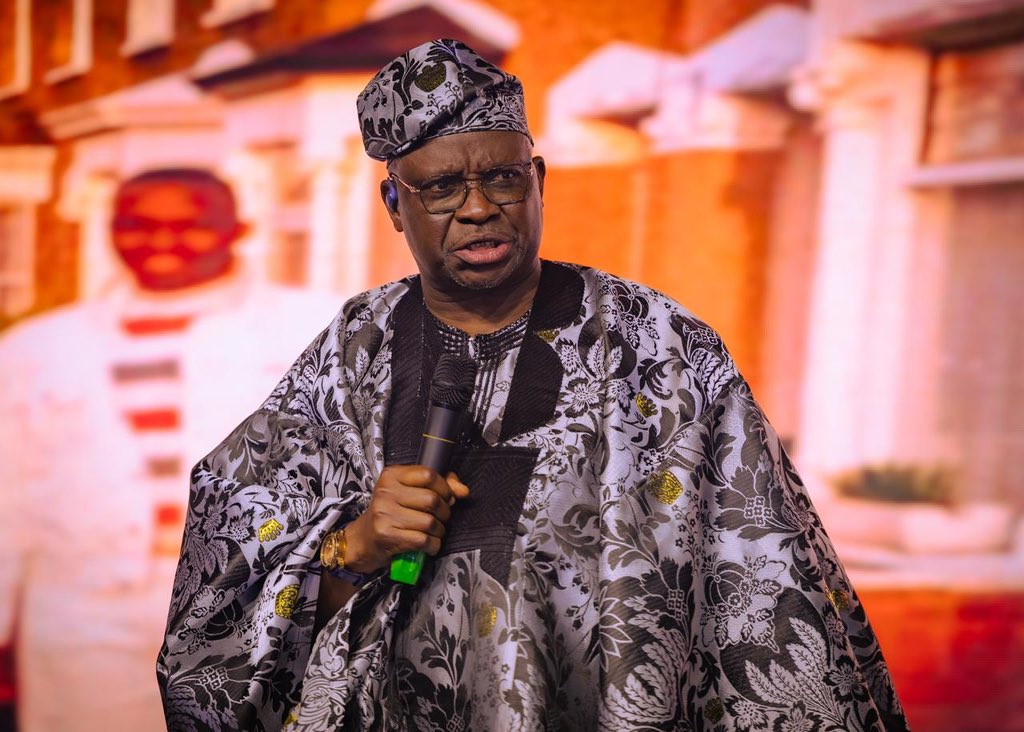Evaluating the state of affairs within the Peoples Democratic Party (PDP) in Edo State, Mathew Emiohe, a prominent figure within the party, highlighted the pressing need for unity and strategic decision-making to secure victory in the forthcoming governorship election. Emiohe’s astute observations shed light on the intricacies of party politics and the pivotal role of selecting the right candidate for a successful political campaign.
Factional Divide and Imperative Unity
Emiohe attributes the current fragmentation within the party to the aftermath of Governor Godwin Obaseki’s transition from the All Progressives Congress (APC) to the PDP. The migration brought about discord as new alliances were formed, leaving behind lingering strife and unresolved tensions. His analysis underscores the importance of uniting disparate factions to fortify the party’s stance and prospects in the upcoming election.
The Imperative of the Right Candidate
Emiohe underscores the significance of nominating a candidate who resonates with the electorate and possesses the capacity to address the multifaceted challenges faced by the state. Emphasizing the need for a unifying figure with a proven track record and widespread recognition, he cautions against the perils of imposing a candidate who lacks the essential connect with the populace, drawing parallels from past instances in the state’s political landscape.
Beyond Linguistic Affiliation: Competence and Connectivity
Engaging in a nuanced discourse, Emiohe counters the notion that linguistic affinity should surpass competency and the ability to leverage connections in governance. Noting the importance of effective communication and interpersonal ties, he deliberates on the delicate balance between linguistic representation and the capacity to deliver tangible outcomes through established networks and adeptness.
Regional Dynamics and Aspirations
Delineating the dynamics of regional aspirations, Emiohe acknowledges the palpable yearning within Edo Central for representation in governance. He acknowledges the historical significance of regional representation and the attendant support from distinct regions, positioning it as a factor that cannot be disregarded in the political calculus of the upcoming election.
Resolute Stance and Party Loyalty
Emiohe unabashedly declares his allegiance and unwavering support for a specific candidate, Anselm Ojezua, while affirming the autonomy of his choice. His resolute position reflects the principled stance of many party members, echoing the essence of individual endorsement within the participatory framework of the party’s internal processes.
Challenges and Prospects for the PDP
Assessing the hurdles and opportunities confronting the PDP, Emiohe advocates for swift resolution of internal discord to bolster the party’s electoral prospects. His insight into historical setbacks and the imperative of cohesive party dynamics accentuates the strategic acumen required to surmount obstacles and clinch victory in the impending election.
Allegiance, Governance, and the Path Forward
Amidst robust deliberations, Emiohe scrutinizes the role of Governor Obaseki, positing a discerning analysis of allegiance, governance, and the pivotal juncture at which the party finds itself. His candid remarks underscore the intricate interplay of diverse factors that underpin the political landscape, foregrounding the essential tenets of governance, fidelity, and public service.
Cautionary Signals and Pragmatic Reflectiveness
Emiohe’s discerning skepticism towards reconciliation efforts and discerning foresight unveils the complexity of the prevailing political milieu, casting a cautionary gaze upon the intricacies of intra-party dynamics and the nuanced strategies imperative for navigating the upcoming political terrain with sagacity and resolve.
Integrity, Governance, and Electoral Acumen
Emiohe’s steadfast commitment to the principles of integrity, governance, and electoral acumen surfaces in his delineation of conscientious deliberations and principled actions, espousing the inherent responsibility of party members to uphold the sanctity of the electoral process and the collective welfare of the citizenry.
In conclusion, Emiohe’s incisive commentary magnifies the intricacies of the Edo State political landscape while advocating for a transcendental approach that converges astuteness, unity, and visionary leadership, encapsulating the essence of pulsating political dynamics that permeate the fabric of contemporary governance and the democratic ethos.



